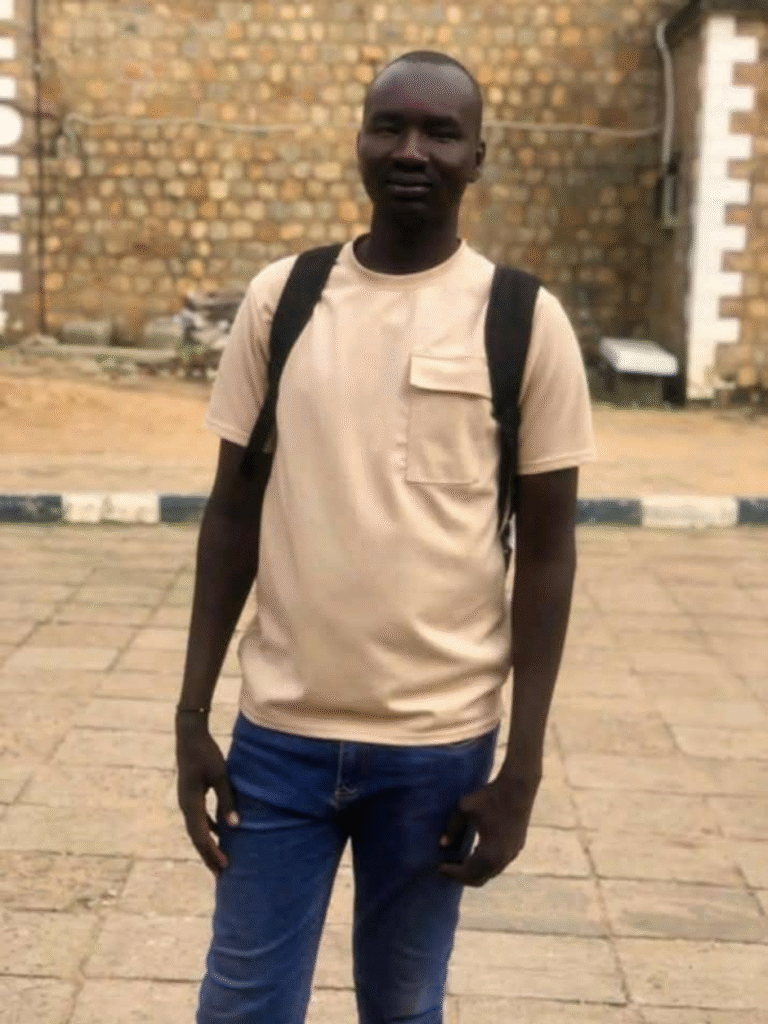South Sudan's English Daily Newspaper
"We Dare where others fear"

By Aluong Maker Aluong
A fifth-year student at the University of Juba, studying Wildlife Science within the College of Natural Resources and Environmental Studies, is speaking out against the illegal destruction of wildlife in South Sudan.
Deeply passionate about conservation, this student is using their academic background and voice to raise awareness and advocate for stronger protection of the country’s rich biodiversity.
Gum Maker Nar, who has gained a thorough understanding of the importance of preserving undomesticated living things, expressed his views in an interview with The Dawn on Wednesday, 25 June 2025.
He emphasised that unauthorised individuals should not take the law into their own hands to jeopardise the lives of these vital organisms. They may not realise it, but by doing so, they are depriving South Sudan of its unique natural heritage. Therefore, he urged that such actions should be avoided.
“According to the South Sudan Wildlife Bill 2010, wildlife trade is completely prohibited due to the significant decline in wildlife species, both fauna and flora. Anyone practising this is undoubtedly at a crossroads,” Maker stated.
He noted that during the liberation, wildlife was a major source of logistical support for Southerners. But why was that? There were no other means of survival; hence, the Anyanya Strugglers resorted to this for food. Should that still be the case now? Of course not! We currently have a complete and well-structured government that can provide financial support through salary payments.
“Why should we continue endangering our wild animals and plants when armies are celebrated, despite not contributing positively? Civilians are free to engage in other businesses that will benefit them instead of erasing wildlife. Please, let us cease this; we do not want the extinction of these important lives.”
Maker further elaborated on the challenges associated with the extinction of wildlife species, stating, “It will be quite expensive for this young nation to conserve species that have vanished.”
He added, “If they disappear in areas rich with them, especially in Jonglei State and the Pibor administrative area, the environment will deteriorate, and people from those regions will become environmental refugees.”
“People will miss out on ecosystem services, which means the benefits we derive from the environment.”
Maker further pleaded with regions, states, counties, and communities involved in this destructive activity to look beyond the immediate benefits of wildlife and recognise their secondary advantages.
He also appealed to the government of South Sudan to enforce laws against those still engaged in this activity. While there is an existing law, it needs to be strengthened so that citizens feel its impact, as protecting wildlife ultimately benefits the country rather than serving as a form of punishment.
“My final message to South Sudanese is that there is a right to survival. If human beings wish to survive, why should plants and animals be any different?” concluded Maker.




